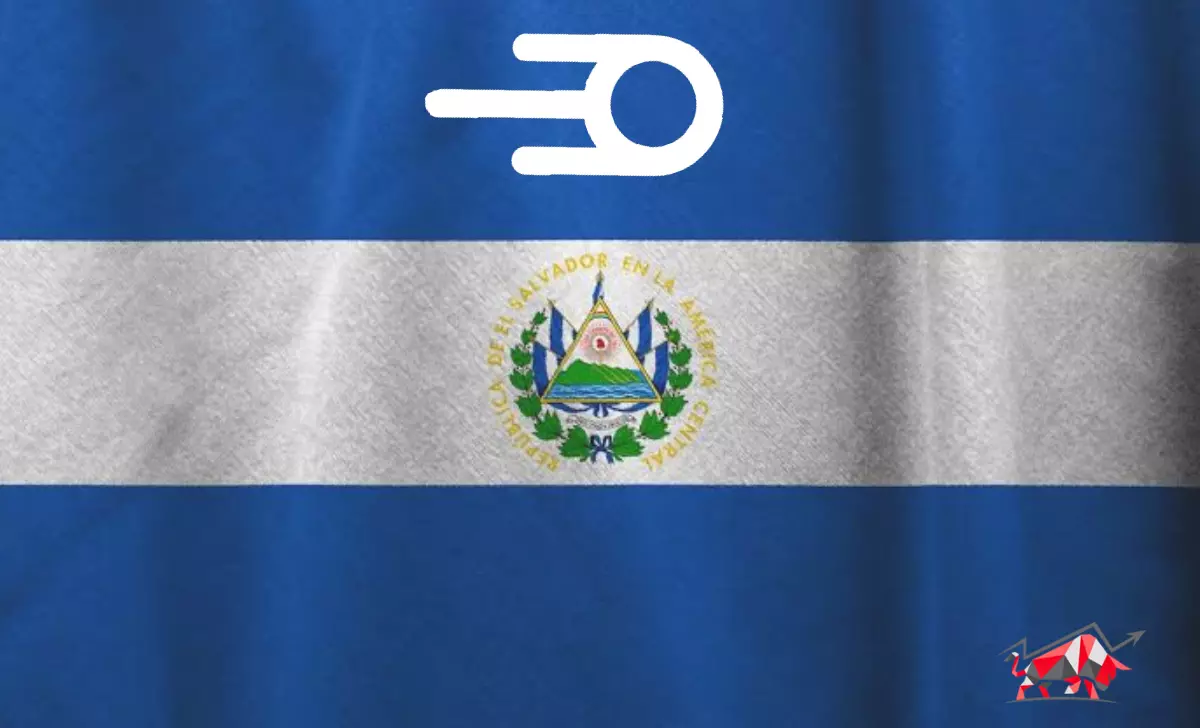Bitcoin payments firm Strike has announced a massive expansion along with the relocation of its headquarters to El Salvador. On May 19, Strike revealed its expansion plans to cover 65 global markets. This move is aimed at countering the complexities associated with crypto exchanges, unregistered licensing regimes, and the vast array of available cryptocurrencies.
Jack Mallers, the CEO and founder of Zap, the parent company of Strike, explained that the decision to move the headquarters to El Salvador was motivated by the increasing anti-crypto regulatory environment in the United States. Regulatory restrictions in the U.S. prevent Strike from operating in New York, while El Salvador has embraced crypto-friendly regulations to attract technological innovations.
Mallers emphasized that the success of Bitcoin adoption in El Salvador should not solely be measured by merchant adoption. Instead, factors such as increased tourism contribute to the overall assessment of success. Initially, in the new global markets, Strike will only support receiving Bitcoin. However, Mallers disclosed plans to introduce new features, including a debit card, before the year ends. Additionally, outside of the United States, Strike will facilitate U.S. dollar payments through USDT.
Strike Seeking 3 Billion Users
Mallers explained that the decision to relocate stemmed from the increasing regulatory pressure and lack of clarity in the United States. While currently operating in the U.S., Argentina, and El Salvador, the firm has ambitious plans to expand its reach to a market encompassing approximately 3 billion people.
Mallers highlighted that this move serves as validation for Strike’s Bitcoin-first approach, especially in a time when the Securities and Exchange Commission is actively pursuing legal actions against numerous crypto firms. Additionally, the firm faces challenges in New York, where its services are currently unavailable due to a pending BitLicense application.
In the future, Mallers aims to establish stronger connections with banks to enable fiat on-ramps and off-ramps in more countries. The plan also involves the launch of a debit card. At present, the app holds dollar balances in Tether, as South American customers perceive Circle as a stablecoin for American institutions, according to Mallers.


